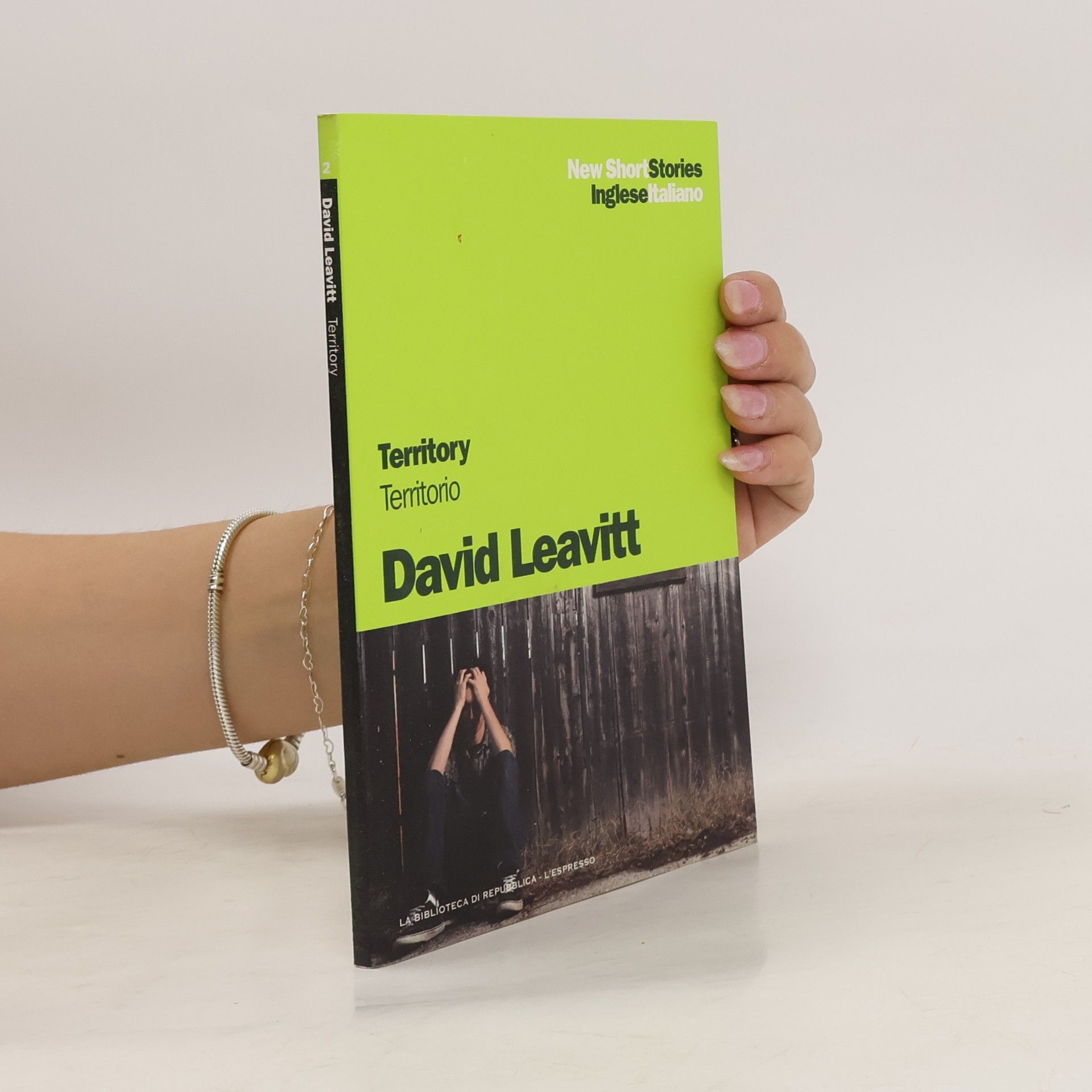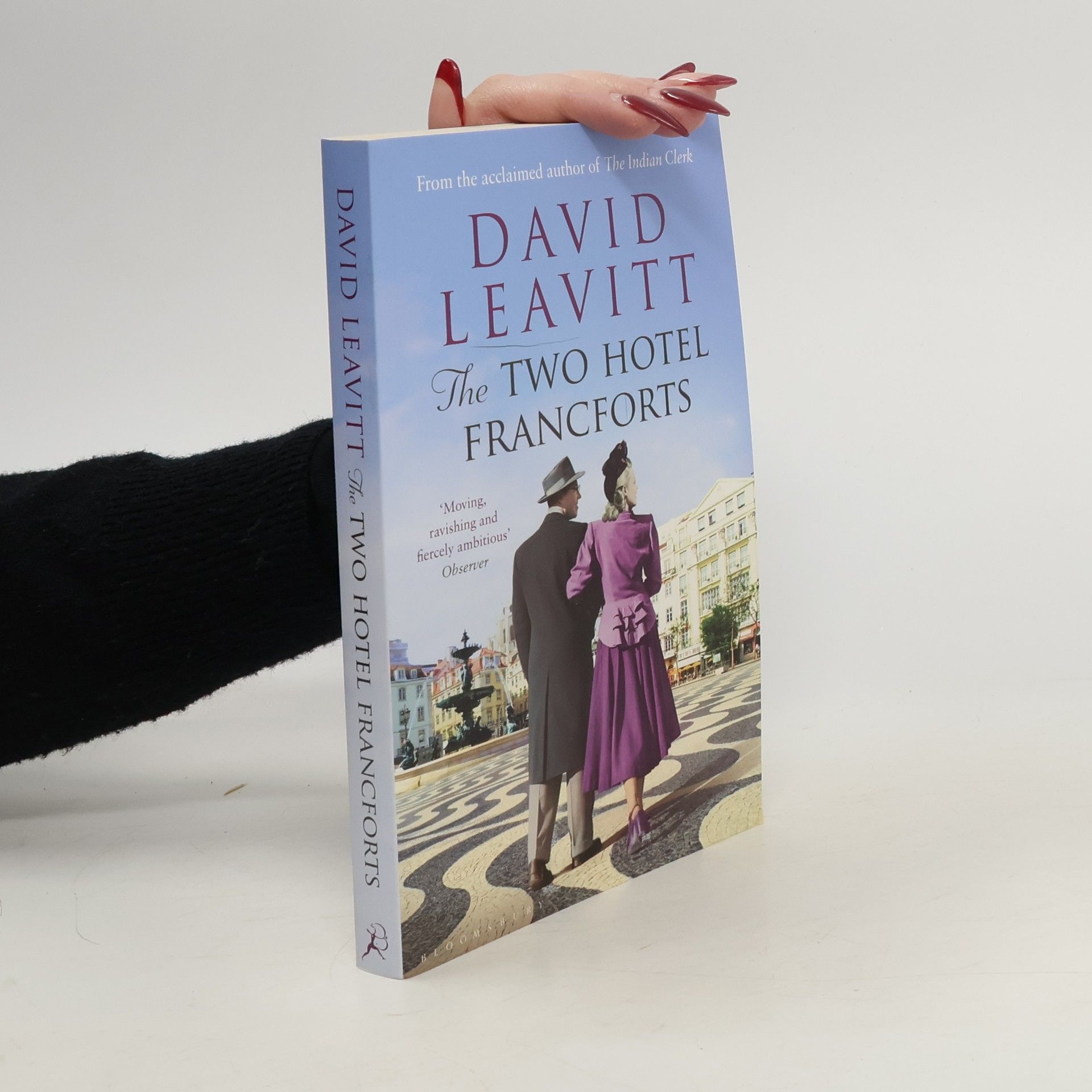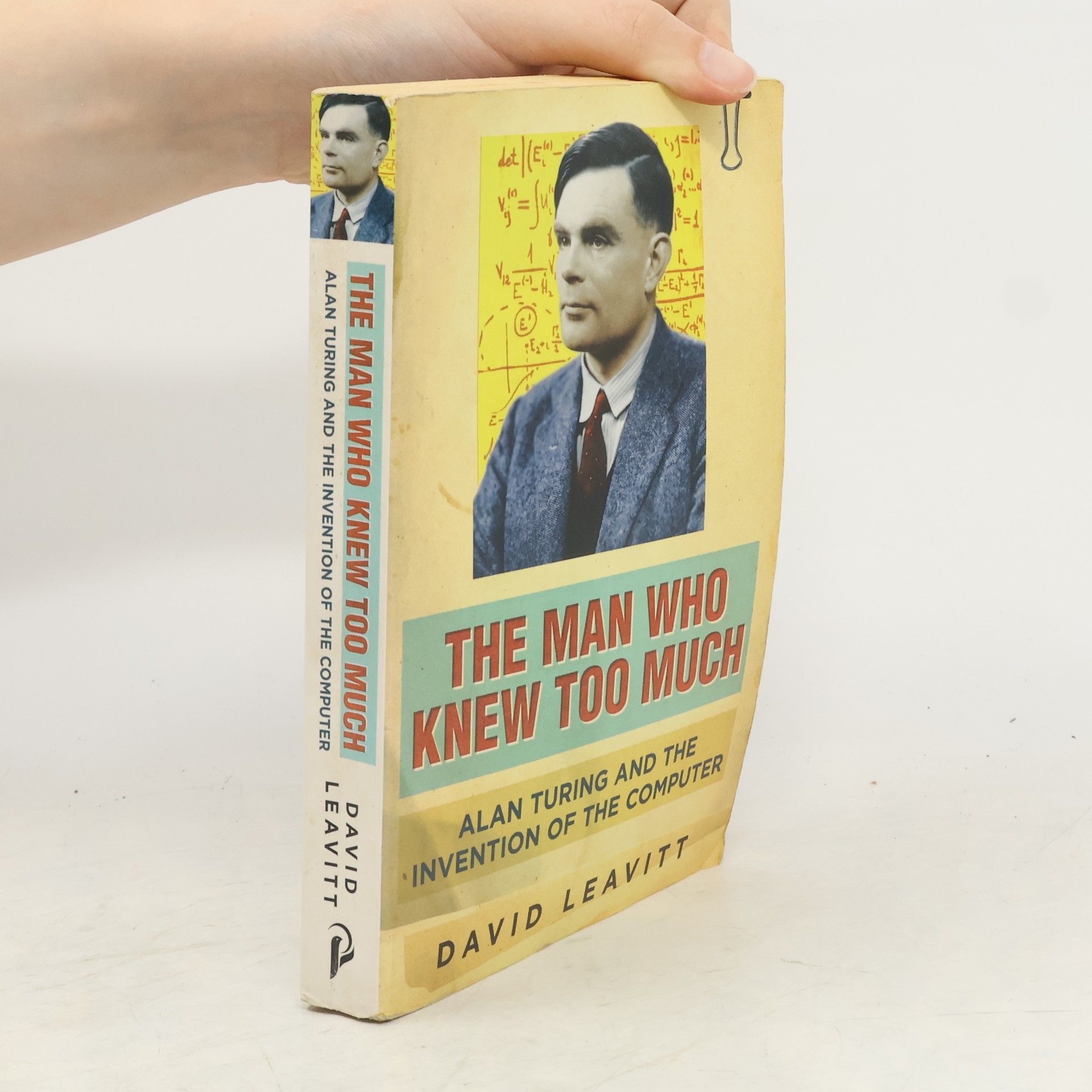David Leavitt Book order (chronological)
David Leavitt is a celebrated author whose works often delve into the complexities of human relationships and the inner lives of his characters. His writing is marked by profound psychological insight and precise prose. Leavitt explores themes of identity and desire with remarkable sensitivity and intelligence. His novels and stories invite readers into nuanced explorations of life's intricate connections.





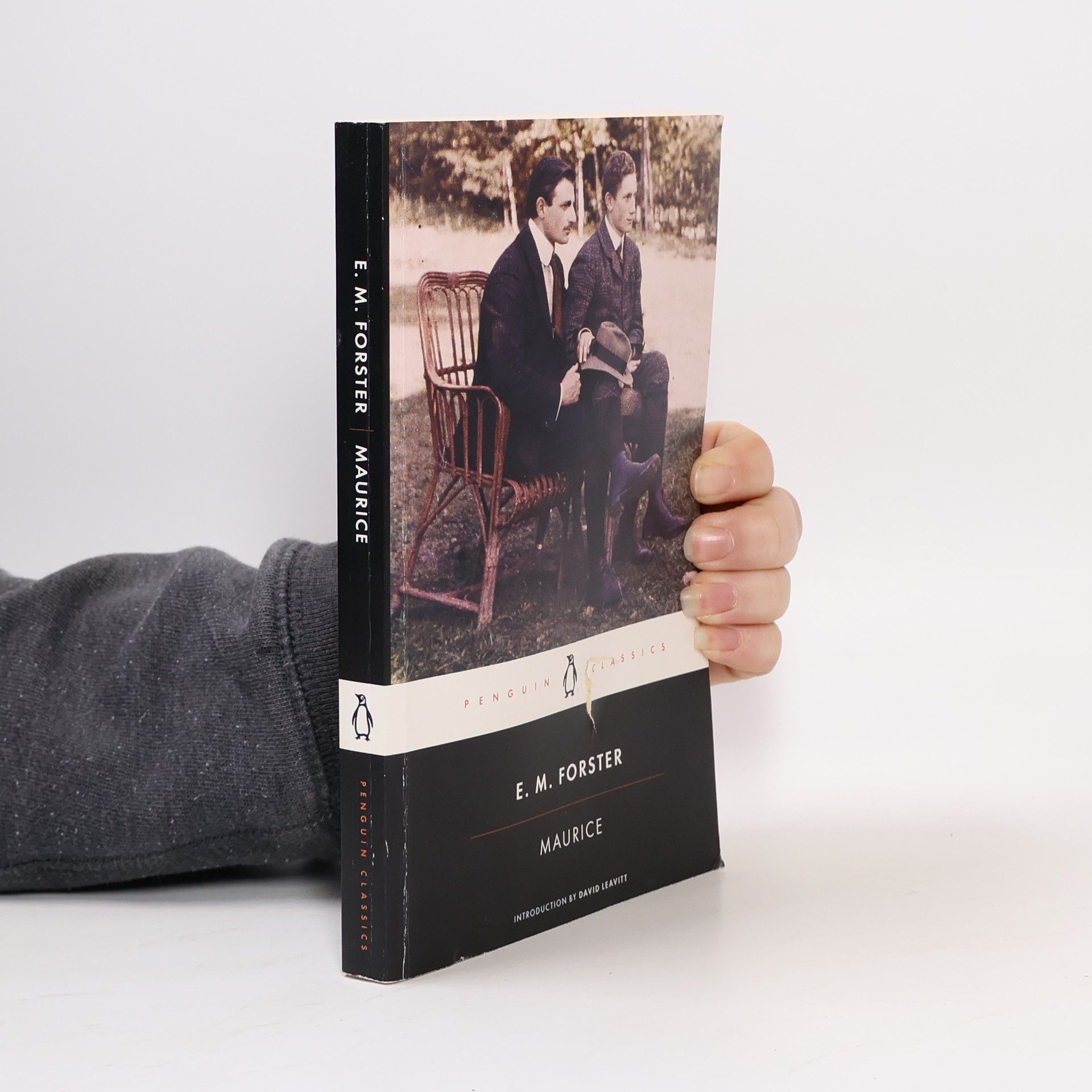
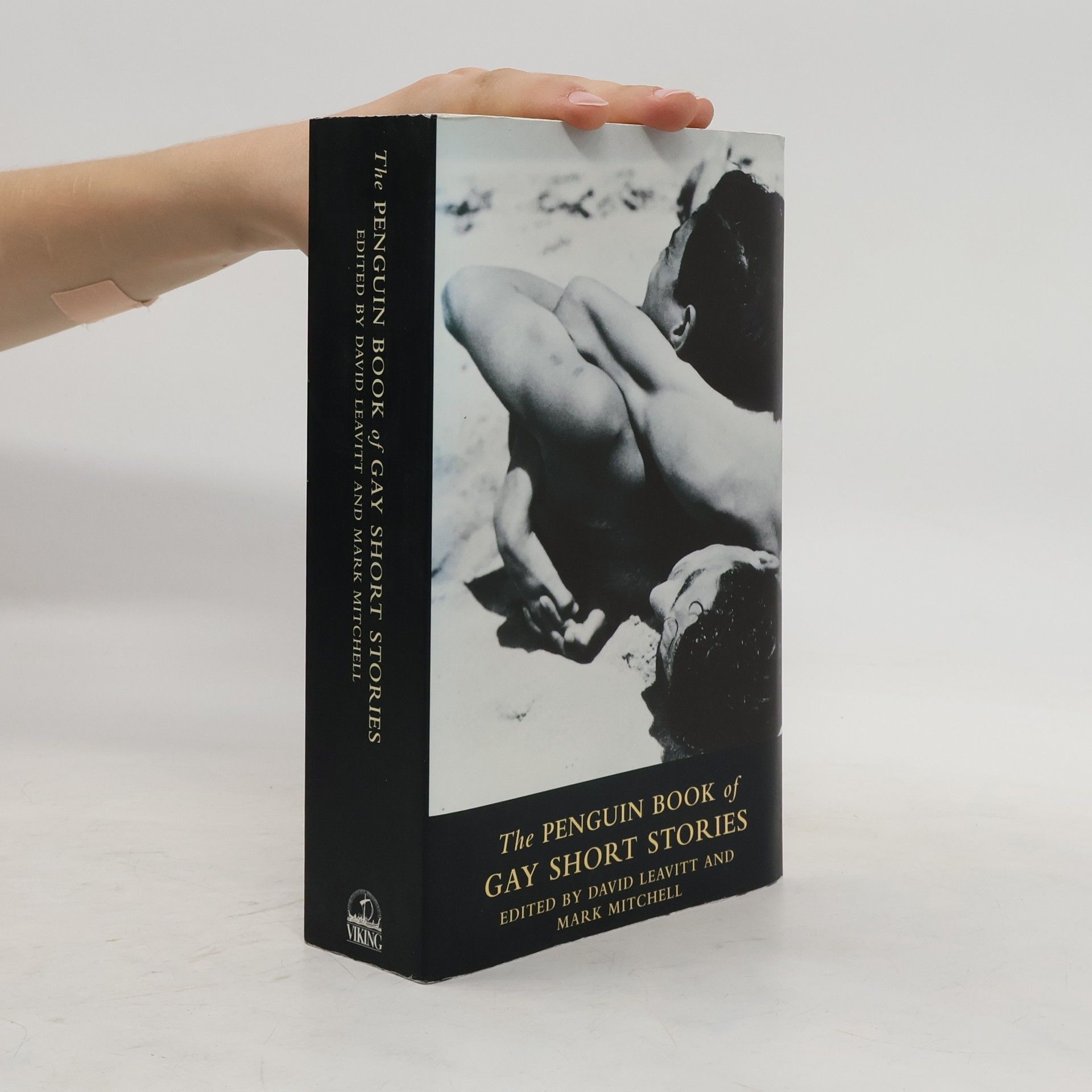
Shelter in Place
- 384 pages
- 14 hours of reading
'Very funny and unexpected, a material response to our times, plush as velvet' Rachel Cusk 'A wickedly funny and emotionally expansive novel' Jenny Offill It is the Saturday after the 2016 presidential election, and in a plush weekend house in Connecticut, a group of New Yorkers has gathered to recover from what they consider the greatest political catastrophe of their lives. Liberal and like-minded, the friends have come to the countryside in the hope of restoring the bubble in which they have grown used to living. Moving through her days accompanied by a carefully curated salon, Eva Lindquist is a generous hostess with an obsession for decorating. Yet when, in her avidity to secure shelter for herself, she persuades her husband to buy a grand if dilapidated apartment in Venice, she unwittingly sets off the chain of events that will propel him to venture outside the bubble and embark on an unexpected love affair. A slyly comic look at the shelter industry, Shelter in Place is a novel about house and home, safety and freedom and the insidious ways in which political upheaval can undermine even the most seemingly impregnable foundations.
Florence
- 192 pages
- 7 hours of reading
Why has Florence always drawn so many English and American visitors? (At the turn of the century, the Anglo-American population numbered more than thirty thousand.) Why have men and women fleeing sex scandals traditionally settled here? What is it about Florence that has made it so fascinating--and so repellent--to artists and writers over the years? Moving fleetly between present and past and exploring characters both real and fictional, Leavitt's narrative limns the history of the foreign colony from its origins in the middle of the nineteenth century until its demise under Mussolini, and considers the appeal of Florence to figures as diverse as Tchaikovsky, E.M. Forster, Ronald Firbank, and Mary McCarthy. Lesser-known episodes in Florentine history--the moving of Michelangelo's David, and the construction of temporary bridges by black American soldiers in the wake of the Second World War--are contrasted with images of Florence today (its vast pizza parlors and tourist culture). Leavitt also examines the city's portrayal in such novels and films as A Room with a View, The Portrait of a Lady and Tea with Mussolini.
The Two Hotel Francforts. Späte Einsichten, englische Ausgabe
- 257 pages
- 9 hours of reading
Summer 1940, and Lisbon is one of the only neutral ports left in Europe. Awaiting safe passage to New York on the S.S. Manhattan, two couples meet: Pete and Julia Winters, expatriate Americans fleeing their sedate life in Paris; and Edward and Iris Freleng, elegant, independently wealthy, bohemian, and beset by the social and sexual anxieties of their class. Swept up in the tumult, the hidden currents of the lives of these four characters - Julia's status as a Jew, Pete and Edward's affair, Iris's increasingly desperate efforts to save her tenuous marriage - begin to come loose. This journey will change the four of them irrevocably, as Europe sinks into war.
Dois hotéis em Lisboa
- 292 pages
- 11 hours of reading
Dois casais de forasteiros travam conhecimento na lisboeta e cosmopolita pastelaria Suíça. Estamos no ano de 1940, em plena Segunda Guerra Mundial, e Lisboa fervilha com milhares de refugiados, que esperam pelo visto e pela possibilidade de viagem para a América, com espiões e membros da nobreza europeia. Pete e Julia Winters são expatriados americanos burgueses que viviam em Paris; Edward e Iris Freleng são americanos também, mas mais ricos, sofisticados e boémios. Por coincidência, estão todos hospedados no Hotel Francfort, mas acabam por descobrir que afinal há dois hotéis Francfort em Lisboa. É neste ambiente de tensão e de total insegurança, sobretudo em relação a um qualquer tipo de futuro, que a ligação entre os dois homens se desenvolve e se transforma num envolvimento amoroso. Um romance maravilhosamente escrito, com um forte pendor sexual e político, e em que a cidade de Lisboa e a linha do Estoril têm o estatuto de personagem.
Muž, který věděl příliš mnoho
- 272 pages
- 10 hours of reading
Alan Turing a první počítač. Britský matematik Alan Turing učinil jeden z nejdůležitějších průlomů na cestě k modernímu počítači. Nápad skutečně vyrábět imaginární počítací stroj „Turing machine“ vykrystalizoval poté, co Turing společně s kolegy z Bletchey Park sestrojil zařízení, které dokázalo dešifrovat německé kódovací zařízení Enigma a pomohlo spojencům vyhrát 2. světovou válku. Turing se pak stal přeborníkem na umělou inteligenci a formuloval známý (a dosud nepřekonaný) Turningův test, jenž vychází z úvah o tom, že lidský mozek je ve své podstatě jakýmsi komplikovaným počítačem. Jeho vize a plány však byly přerušeny – v roce 1952 byl zatčen a odsouzen za homosexualitu, k níž se otevřeně přiznával, která však byla v té době v Anglii ilegální. O dva roky později spáchal Turing sebevraždu. David Leavitt podává Turingův příběh s vnímavostí romanopisce, přibližuje nám jak jeho dílo a význam, tak jeho otevřenou a mnohdy excentrickou osobnost.
The Man Who Knew Too Much
- 336 pages
- 12 hours of reading
The story of Alan Turing, the persecuted genius who helped break the Enigma code and create the modern computer, and who received a royal pardon in 2013
The extraordinary true story of the discovery of one of the greatest mathematicians


